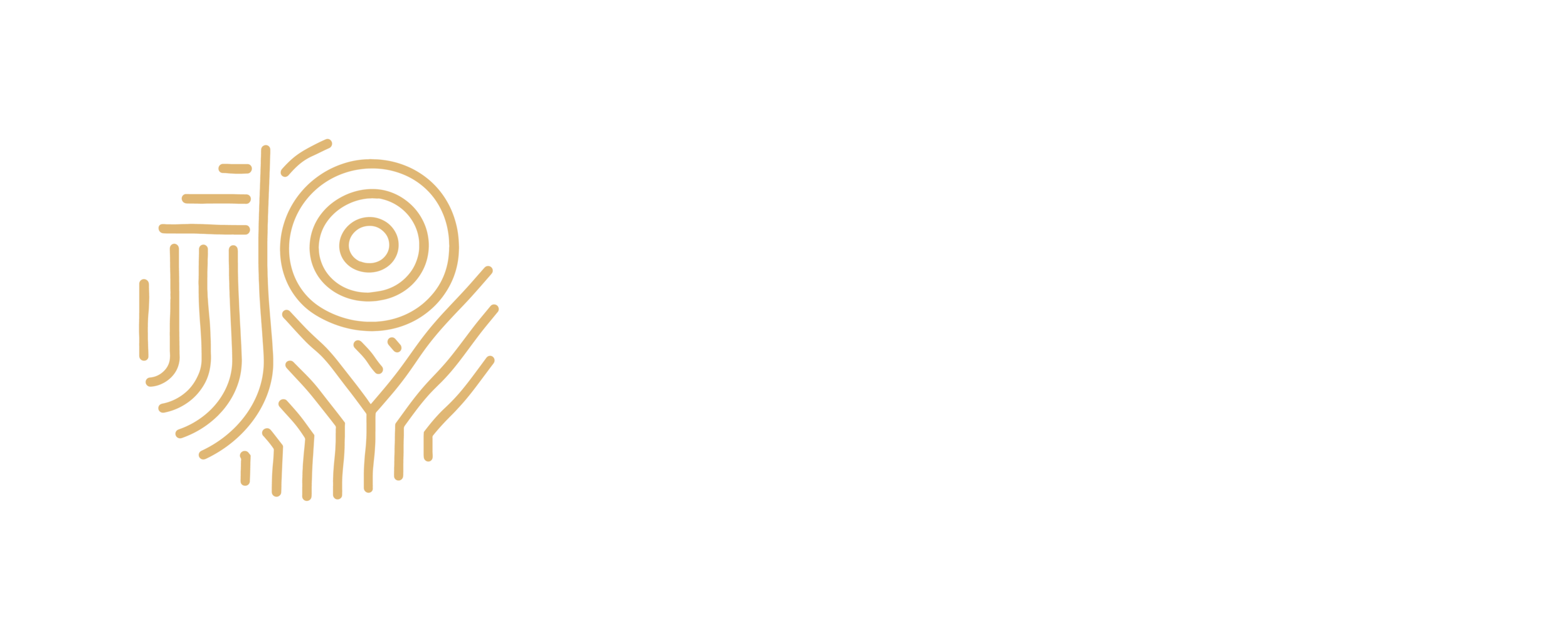Why We Work with Problem Solvers
by Kirti Gilbert
JoyCorps Guest Writer // Chiang Mai, Thailand
I wake up in the morning, my throat sore, the smell of smoke in my nostrils, a slight sting in my eyes. I look out the window and all I see is grey haze. The mountains, which should stand spectacularly clear against the sky, have disappeared.
I open my bedroom door, reminding myself that I must go to the market today and buy that filter paper for the air conditioning units. My kids complain of headaches, so I dish out large doses of Vitamin C and brew a batch of spicy ginger chai to soothe our throats. The windows remain shut. I remind myself I must dust the house again and wipe down all the surfaces. I’ve anointed my kids with essential oils; now all I need is a diffuser and an air purifier. My son, who has asthma sensitivities, begins to cough. I put an extra few drops of oil on him. I think we will stay home today and watch a movie. It’s a day for cuddles and handstands.
Chiang Mai, Thailand on a clear day and on a hazy day.
It is common here to refer to Thailand’s seasons as summer, monsoon, winter and smoky. Year after year, the pollution grows steadily worse. In the spring of 2019, Chiang Mai's Air Quality Index (AQI) passed 500, a level considered "Hazardous." (For reference, "Good" AQI is 0 - 50 and "Moderate" is 50 - 100.) Many of Thailand’s schools were shut, air purifiers sold out, and electricity bills shot up due to the use of air conditioning units as filters.
During this time of year, the AQI websites suddenly experience heavy traffic, as everyone checks to see if by some good fortune the air is slightly better than the day before. And yet it continues to worsen. Relief will eventually come in the form of monsoon rains in a couple months. Until then, physical life slows down.
Across the world, air pollution is cutting life short by about three years: “Researchers calculate that air pollution actually has a bigger impact on life expectancy than tobacco smoking, HIV/AIDS or violence” (Web MD).
While the situation is most dire in Asia, this is a global problem. Some 90% of the world’s population is breathing unsafe air, and the WHO estimates that seven million people die prematurely each year due to air pollution (Bangkok Post).
Winston Churchill said, “Out of intense complexities, intense simplicities emerge.” Until we own a problem, we cannot begin to fix that problem. And if we don’t want to fix a problem, then our complaints are not integral.
This is why we are drawn to problem solvers, especially those who live closely attached to their environment. Our partners are working to solve problems ranging from pollution, to underemployment, to poor health, to social instability and more. The problems range from small to large, and yet if successful, they can alter enormous parts of our everyday lives. It is our passion to continue finding problem solvers and validate their ideas, their drive. To help them hone their process and streamline their action.
For any problem, one eventually comes up against roadblocks. Problem solvers are often under-equipped and under-funded. However, with a group of people surrounding them, they can approach obstacles from unique and varying angles. Our desire is to connect problem solvers with the right experts, funds and markets in order that they can see their problems solved.
And so while many of us practice the art of shallow breathing, we do so in hopes that our action is leading us one step closer to that deeper breath, not just for ourselves, but for the world around us.
KIRTI GILBERT is completing her degree in International Business Management in Chiang Mai. She and her husband, Luke, have 3 children. Kirti grew up in the mountains of northern India with her Canadian parents and has since lived in China, the U.K., and Thailand. She writes of her experiences in the hope that her words might bring about some aspect of redemption, change, notice.

